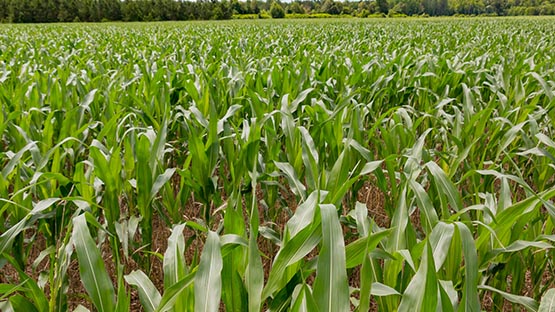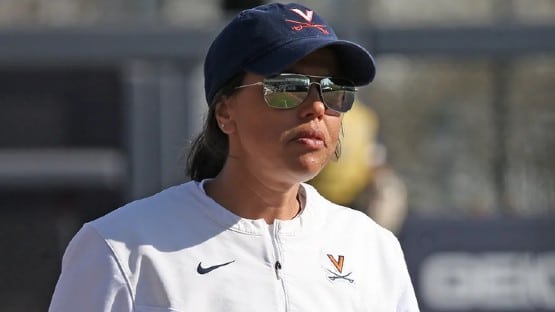
Virginia farmers are eligible for agriculture cost-share, a program which could mean farmers get more support for soil and water conservation practices.
The Virginia Agricultural Best Management Practices Cost-Share Program, or VACS, is funded with $124.6 million in fiscal year 2024, running July 1, 2023, to June 30, 2024.
Farmers can receive up to $300,000 to adopt practices that keep nutrients, sediments and waste out of streams and rivers. These practices should also help boost farm productivity and profitability.
More than 70 best management practices are eligible for VACS funding, including:
- Cover crops
- Nutrient management plans
- Streamside tree or grass buffers
- Livestock stream-exclusion fencing
- Alternative watering systems for livestock
“Last year’s record-breaking VACS funding continues this year, strengthening our support of the agriculture community and the ability to get more done for soil and water health,” said Virginia Secretary of Natural and Historic Resources Travis Voyles. “The VACS program exemplifies our commitment to the Commonwealth’s water quality goals, and to recognizing the farmers who take voluntary steps to protect natural resources.”
The Virginia Department of Conservation and Recreation administers the VACS funding.
“This program is a win-win for the Commonwealth and our agricultural community”, said DCR Director Matthew Wells. “The VACS program helps our farmers implement valuable practices on their operations that improve both their bottom lines and the state’s natural resources.”
Virginia’s 47 soil and water conservation districts work directly with farmers to implement VACS, provide technical recommendations and distribute funding.
“Virginia’s soil and water conservation districts are the one-stop shop for farmers for state cost-share sign-up to fund conservation practices,” said Dr. Kendall Tyree, executive director of the Virginia Association of Soil and Water Conservation Districts. “Districts listen to producers and offer technical assistance and funding options tailored to their farms.”
Program changes
- Starting in fiscal year 2024, more districts will be able to participate in the popular Whole Farm Approach, which allows a farmer to submit just one cost-share application to fund multiple nutrient management or cover crop practices, on as much acreage as desired. Last year, the Three Rivers, Eastern Shore, Shenandoah Valley, Tidewater, Holston River, New River and Halifax soil and water conservation districts offered this option. Now the Whole Farm Approach program has expanded to include the Blue Ridge, Clinch Valley, Hanover-Caroline, Northern Neck and Peanut districts.
- The new fiscal year also offers more cost-share for ranchers with smaller herds. The Small Herd Initiative is a set-aside just for farmers with 20-49 head of cattle. The program keeps smaller operations from having to compete with larger producers for funding. Last year’s Small Herd Initiative reimbursement cap was $35,000 per farmer. This year’s is $50,000.
Farmers can learn more about VACS through their local soil and water conservation districts.
A map of Virginia’s districts and their websites can be found at https://www.dcr.virginia.gov/soil-and-water/swcds.










